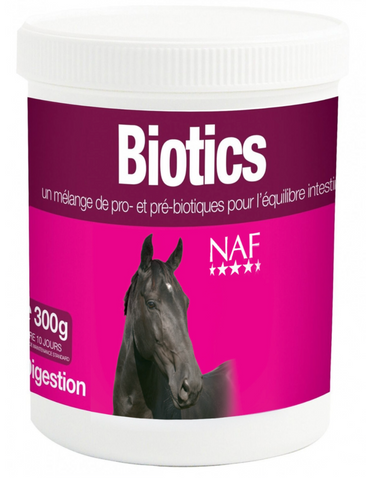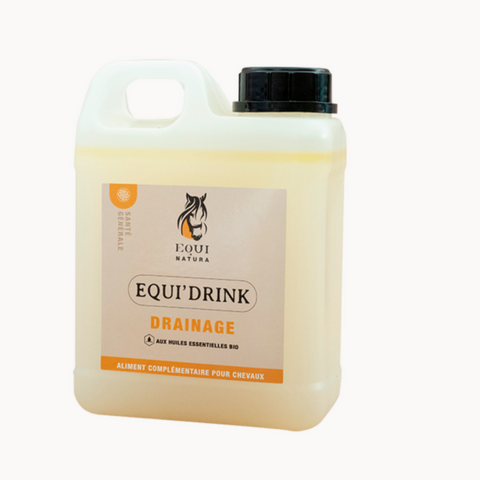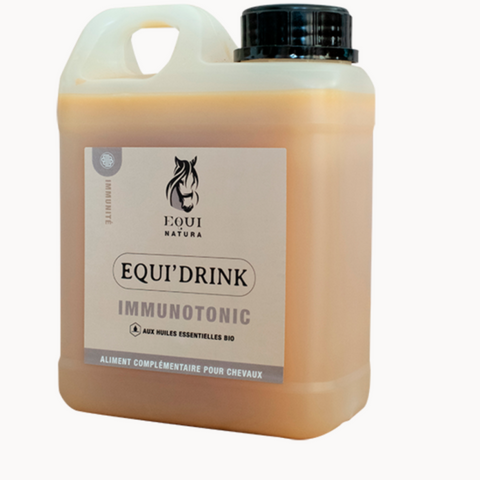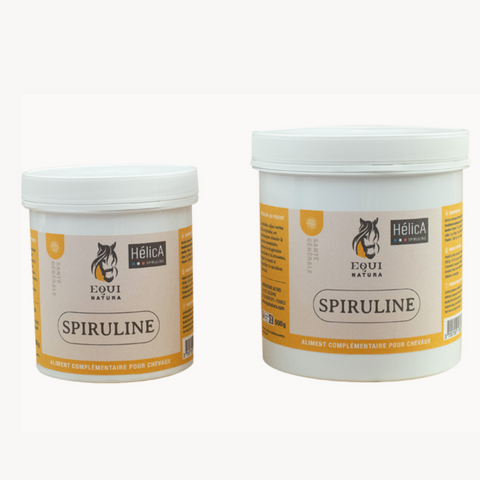The liver and kidneys: piroplasmosis
A particular case clearly illustrates the need to support the work of the liver and kidneys: piroplasmosis. Piroplasmosis is a parasitic disease transmitted by ticks. First known only in the south, the disease has now spread throughout almost all of France.
The parasite, of which there are two species: Babesia caballi & Babesia equi, penetrates red blood cells and destroys them by multiplying there. Depending on the reaction capabilities of the horse's immune system, the disease is expressed in an acute, subacute or chronic form. The disease causes allergic-type reactions whose consequences can persist and leave unfortunate after-effects.
The chronic form is often difficult to distinguish from other diseases, the symptoms are vague and inconsistent. A horse can be fine for months and suddenly have a decline in condition and performance. A blood test does not always provide an explanation. It is better to avoid this situation by calling the veterinarian immediately, at the first “piro” doubts.
The acute form :
During the acute form, the horse presents a fever that is either continuous (Babesia caballi) or intermittent (Babesia equi). The animal is very depressed and lacks appetite. As soon as these symptoms are noticed, in order to limit the risks as much as possible, you should consult the veterinarian without waiting for the mucous membranes - eyes and mouth - to take on a yellow color. As the disease progresses, jaundice and swelling of the limbs are generally observed. A large number of red blood cells are destroyed by the parasite which results in anemia, the transport of oxygen by the blood is poor, the hemoglobin contained in the blood cells is released into the circulatory flow. This pigment is then a waste which must be eliminated by the kidneys and we will notice a red to brown coloring of the urine.
The veterinarian's treatment will aim to eliminate the parasites using a piroplasmicide. The patient's body will then have to get rid of the waste resulting from the destruction of parasites and red blood cells as well as the residues of the drugs used. All this, associated with anemia, causes a significant overload of vital organs: liver, kidneys, heart and lungs.
Even if treated quickly, the horse risks remaining a carrier, meaning that, in turn, it can infect ticks when they draw blood. It is then difficult or almost impossible to get rid of this disease.
Our “natural” advice:
in addition to the treatment established by the veterinarian, you can help recovery by providing natural products aimed at the kidneys, liver or blood. To do this, give the horse a course of Equi'drink Drainage combined with a course of Biotics to balance its intestinal flora. Remember to increase your horse's overall stamina using products such as: Equi'drink Immunotonic, or Equi-senior.





